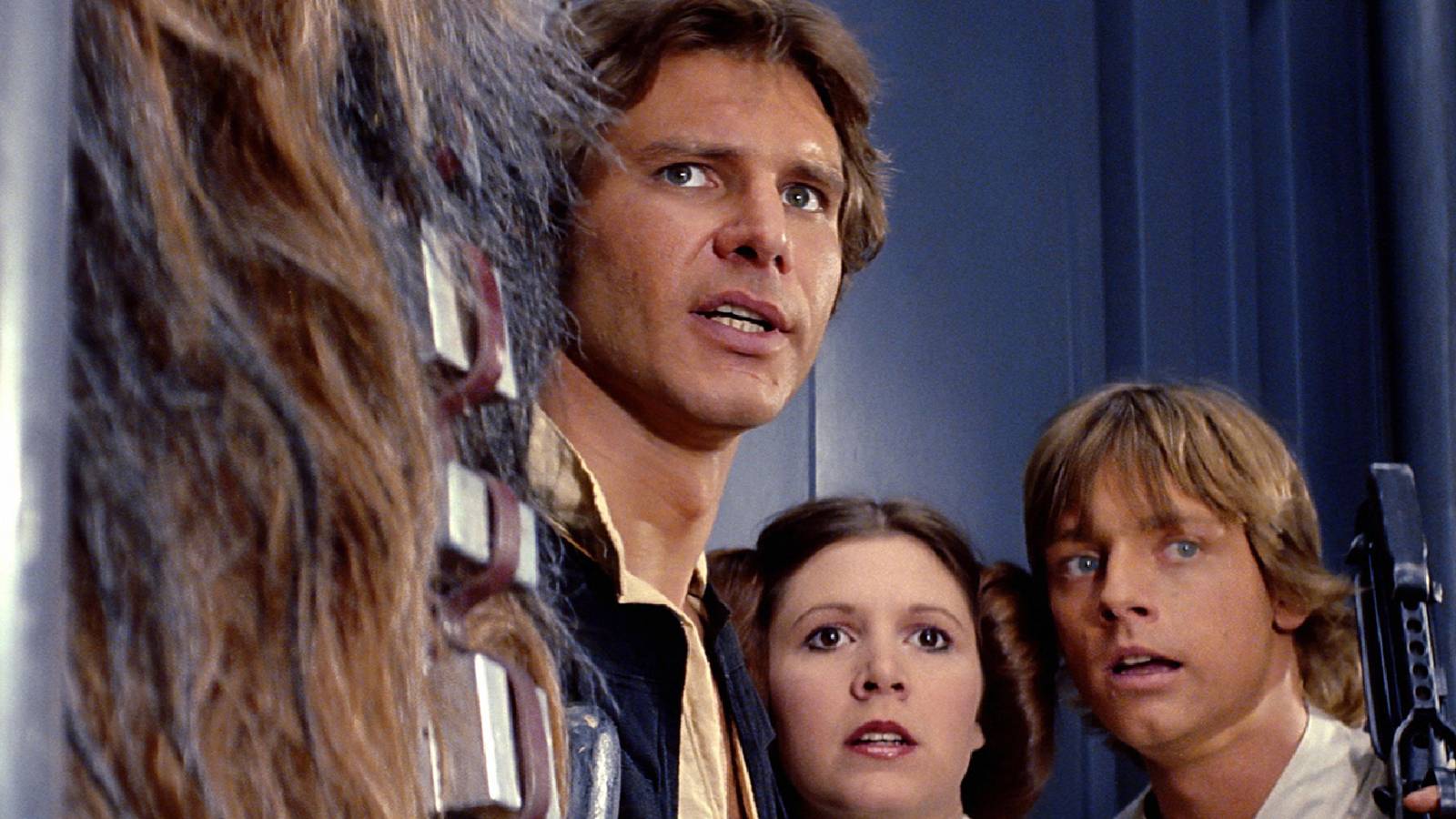Commonly speaking, there is a consensus about how many generations there are in the 20th century. In broad terms, we usually discuss seven: the Greatest Generation, the Silent Generation, the Baby Boomers, Gen X, Millennials, Gen Z, and the most recent addition, Gen Alpha. Dividing society into these classes allows us to better understand the numerous trends and behaviors that arise in each.
Every generation has its defining film (or films). These movies speak to their time and place, bottling a particular moment in time, often becoming a shared cultural text. Decades later, people can reflect back on that movie and where they were in life when it came out, the film becoming a kind of personal reference point. The titles below cover all the major generations, from Greatest to Gen Alpha. These movies defined identities, inspired imaginations, and reshaped Hollywood in their wake, becoming genuine cultural touchstones.
The Greatest Generation (1901–1927)
‘Gone with the Wind’ (1939)
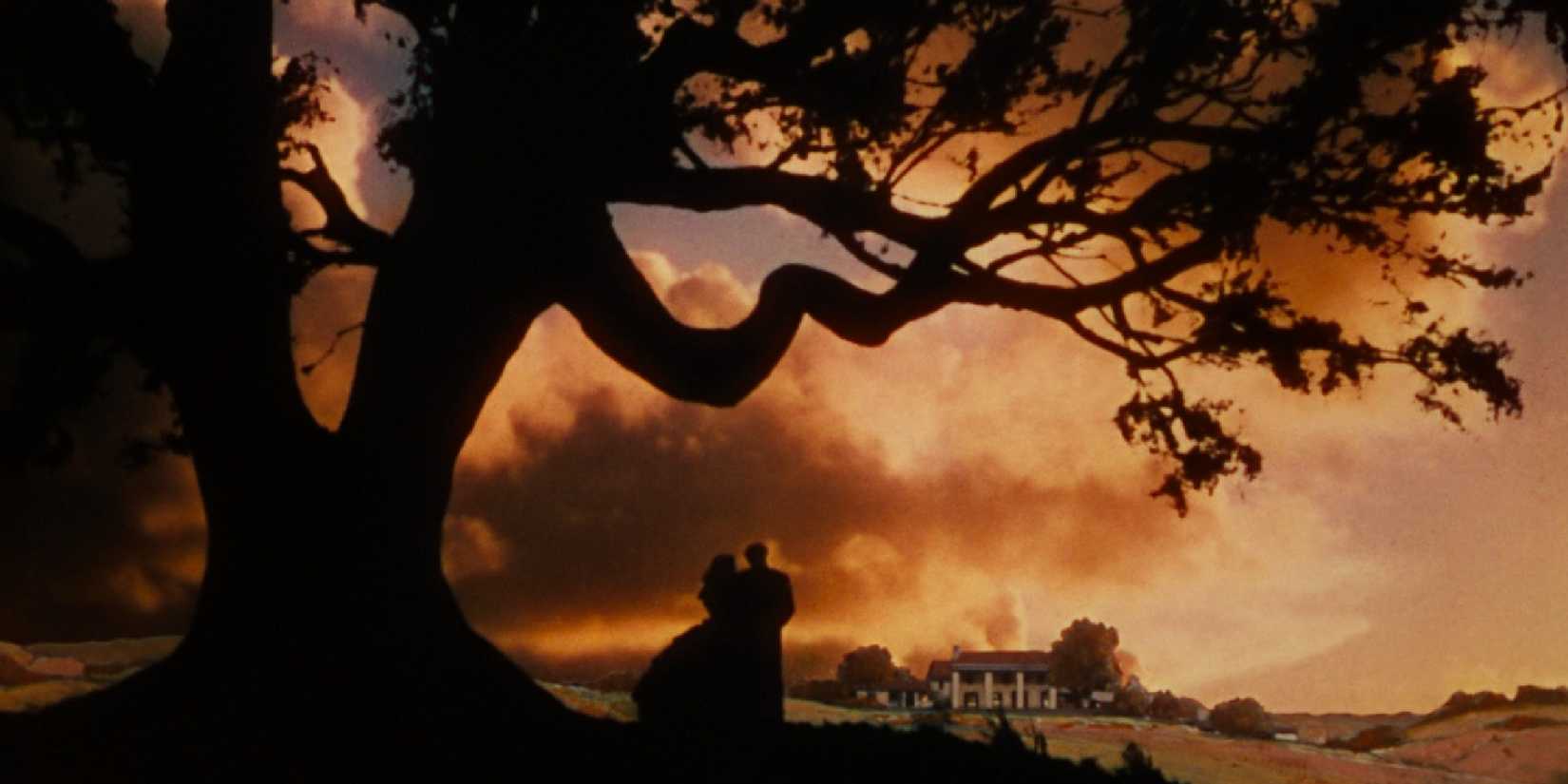
Scarlett and her father standing on a hill with the sunset behind them in Gone With the WindCredit: Image via MGM
“I can’t go all my life waiting to catch you between husbands.” For those who came of age during the Great Depression and fought in World War I (and II, for that matter), Gone with the Wind was more than a movie. Released in 1939, it was the ultimate Hollywood epic, adapting Margaret Mitchell’s bestselling novel into nearly four hours of sweeping melodrama, romance, and spectacle.
Gone with the Wind’s Technicolor grandeur, massive sets, and unforgettable performances, most notably Vivien Leigh as Scarlett O’Hara and Clark Gable as Rhett Butler, instantly enshrined it as one of the most ambitious films ever made. Not for nothing, it shattered box office records. In other words, for the Greatest Generation, Gone with the Wind represented the power of cinema as escape and as an event. The burning of Atlanta, the famous “Frankly, my dear, I don’t give a damn” line, and the sheer scale of the production made it legendary on arrival.
The Silent Generation (1928–1945)
‘Rebel Without a Cause’ (1955)
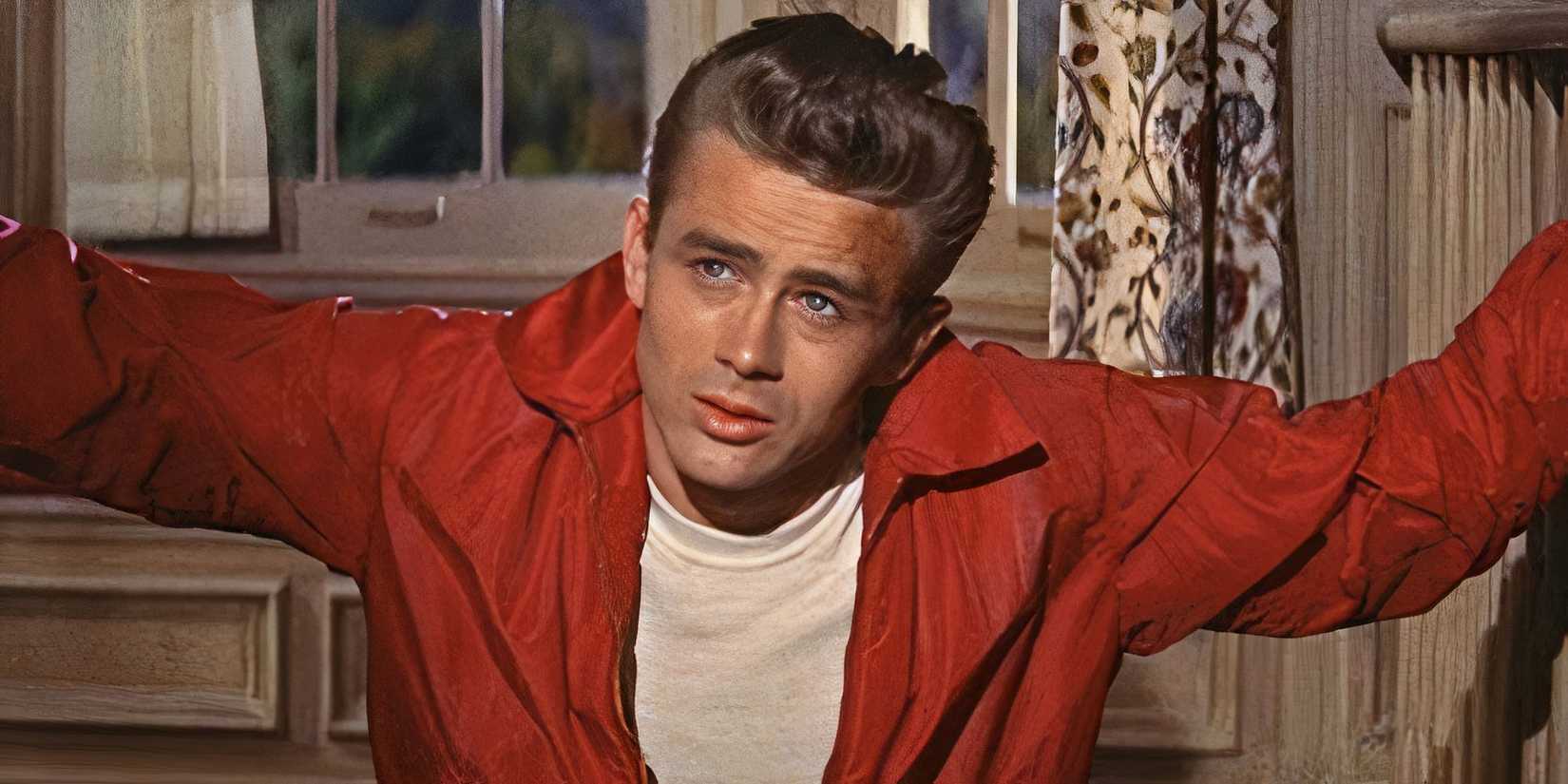
Credit: Image via Warner Bros.
“You’re tearing me apart!” For the Silent Generation, adolescence was largely defined by conformity, restraint, and quiet rebellion. No film captured that simmering discontent more powerfully than Rebel Without a Cause, the movie that turned James Dean into a legitimate icon. Released in the middle of the ’50s, it crystallized the era’s teenage angst. Dean’s Jim Stark — alienated, sensitive, desperate to be understood — became a blueprint for restless youth, while Natalie Wood and Sal Mineo rounded out a trio of unforgettable performances.
Dean’s tragic death shortly after the film’s release only amplified its myth. The movie’s emotional intensity and themes of family dysfunction and generational divide hit a nerve with audiences. For the Silent Generation, Rebel Without a Cause was a mirror reflecting a new cultural identity. It spoke to many of the burgeoning changes beneath the surface of society, most of which would come into full bloom in the decade to follow.
Baby Boomers (1946–1964)
‘Star Wars’ (1977)
“May the Force be with you.” Few films have ever reshaped culture as thoroughly as the first Star Wars. For the Baby Boomer generation, who came of age during the social upheaval of the 1960s and early ’70s, Star Wars offered something both new and nostalgic, a modern myth wrapped in dazzling spectacle. Back in 1977, this movie was unlike anything else they’d seen. It blended Joseph Campbell’s hero’s journey with state-of-the-art effects and timeless characters, resulting in a kind of modern mythology.
Luke Skywalker (Mark Hamill), Princess Leia (Carrie Fisher), Han Solo (Harrison Ford), and Darth Vader (voiced by James Earl Jones) became archetypes almost instantly. Plus, Star Wars reignited the communal joy of going to the movies and spawned a global mega-fandom. All these traits make it the defining cinematic event for Baby Boomers, combining the idealism of their youth with the blockbuster energy of a new era. The opening crawl, the trench run, and John Williams’ soaring score would become part of a generation’s shared imagination.
Generation X (1965–1980)
‘Pulp Fiction’ (1994)
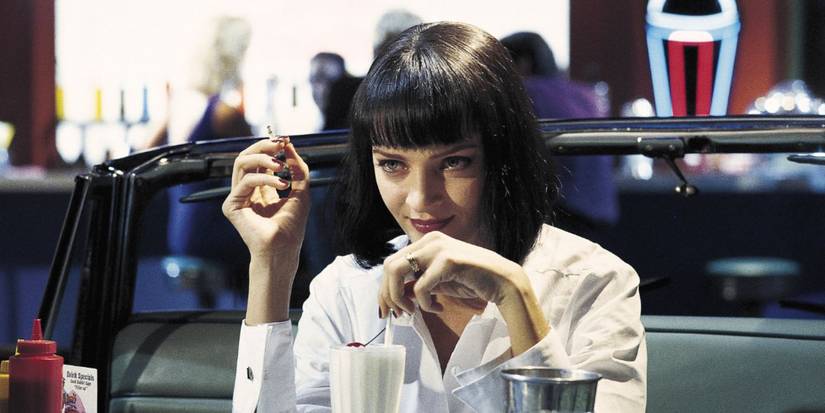
Uma Thurman as Mia Wallace wearing a white top smoking a cigarette in ‘Pulp Fiction’Credit: Image via Miramax Films
“They call it a Royale with cheese.” For Generation X, disillusionment and irony were defining traits, and no film captured that cultural moment like Pulp Fiction. It turned the rules of narrative upside down, weaving together nonlinear storylines filled with pop culture banter, sudden bursts of violence, and unforgettable characters. John Travolta, Samuel L. Jackson, Uma Thurman, and Bruce Willis became emblematic of a new kind of cool: stylized, self-aware, and unafraid of moral ambiguity.
For Gen X, Pulp Fiction felt like a generational manifesto: irreverent, rebellious, and endlessly quotable. It was the film that proved their worldview, fragmented, cynical, but alive with possibility, belonged on the big screen. No movie captured this sensibility with more swagger, and its impact was immediate and seismic. Pulp Fiction influenced countless filmmakers and reshaped how audiences thought about storytelling. Its meta quality, referencing scores of movies and shows, also resonated with a generation who had grown up with home video, easily accessing cinema’s classics.
Millennials (1981–1996)
‘The Lord of the Rings: The Fellowship of the Ring’ (2001)
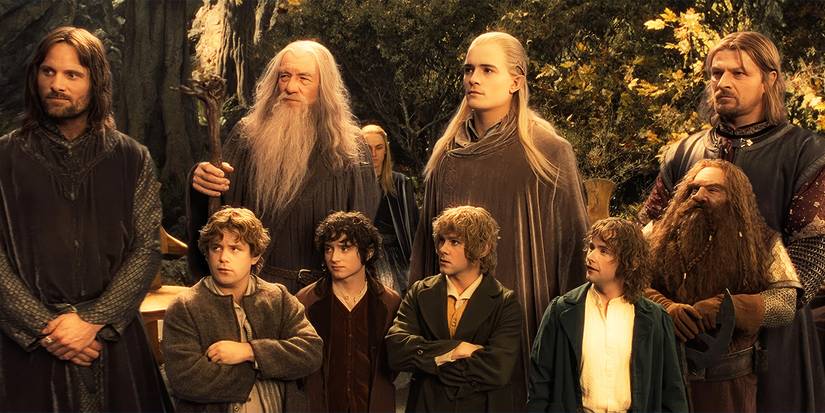
Aragorn, Gandalf, Legolas, Boromir, Samwise, Frodo, Gimli, Merry, and Pippin forming The Fellowship in The Lord of the Rings: The Fellowship of the Ring
Credit: Image via New Line Cinema
“Even the smallest person can change the course of the future.” A strong case could be made for Superbad as the quintessential millennial film, but The Lord of the Rings just beats it in terms of how it completely reshaped how that generation saw cinema, opening a whole new world of possibilities. Released in 2001, when millennials were kids, The Fellowship of the Ring transported audiences to Middle-earth with a level of immersion and spectacle that felt unprecedented.
The film’s groundbreaking blend of practical effects, CGI, and magical New Zealand landscapes created a world that felt both fantastical and real. But it was the characters that truly captured hearts, their struggles reflecting themes of friendship, sacrifice, and courage in the face of overwhelming darkness. For a generation on the cusp of the 21st century, Fellowship was thus both escapism and a myth for modern times. For the millennials, no other film will ever dazzle them more than The Lord of the Rings, a cultural phenomenon that made epic storytelling mainstream again.
Generation Z (1997–2012)
‘Avengers: Endgame’ (2019)
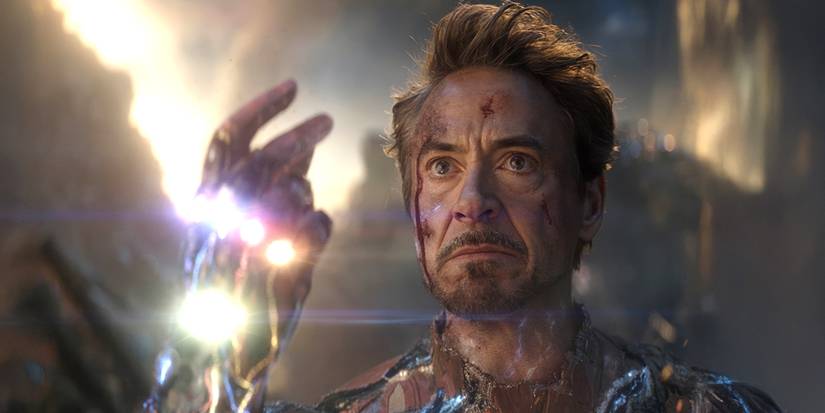
Robert Downey Jr. as Tony Stark / Iron Man in Avengers:EndgameCredit: Image via Marvel Studios
“I love you 3000.” No film embodies Generation Z’s cinematic experience more than Avengers: Endgame. This was the superhero equivalent of the Super Bowl, the culmination of over a decade of interconnected Marvel films. The film rewarded a generation raised on shared universes, Easter eggs, and binge-watching with the most ambitious crossover ever attempted, the ultimate blockbuster payoff. Packed theaters erupted at moments like Captain America (Chris Evans) wielding Mjolnir and the Avengers assembling for the final battle against Thanos (Josh Brolin).
But beyond the spectacle, it carried real emotional weight, too: Tony Stark’s (Robert Downey Jr.) sacrifice, Steve Rogers’ farewell, and the closing moments of closure for beloved characters. All this means that, for Gen Z, Endgame was a communal experience, one of the last pop culture events everyone could enjoy. It proved that blockbusters could be emotional, epic, and awesome all at once and also marked the ending of a decade defined by the superhero genre. As strangely bittersweet as it is exhilarating, Endagme was a goodbye to an entire generation.
Generation Alpha (2013–mid-2020s)
‘Frozen’ (2013)
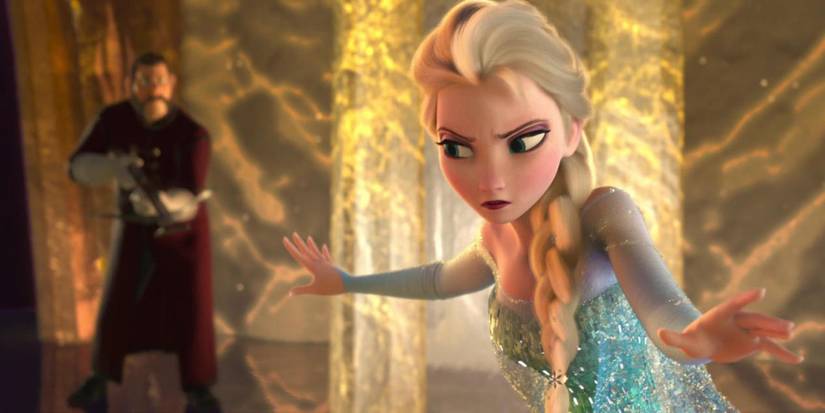
Elsa in ‘Frozen’ (2013)Credit: Image via Walt Disney Studios Motion Pictures
“Let it go!” For the youngest generation, who are still kids, Frozen is already legendary. Released in 2013, the Disney phenomenon dominated the box office and became a cultural tidal wave. For at least a year, it felt like you couldn’t go out in public without hearing at least one of its tunes. With Frozen, Elsa and Anna joined the pantheon of Disney icons, and “Let It Go” became a global anthem sung by children and adults alike.
For Generation Alpha, Frozen was a movie they lived, from toys and costumes to endless sing-alongs, forcing their parents to play it over and over and over again. The film’s message of sisterhood, empowerment, and self-acceptance resonated too, giving it staying power beyond the initial hype. All these elements made it way more than just another Disney hit. As these kids grow older, Frozen will remain the legendary film they all remember, the one that shaped their earliest ideas of storytelling, magic, and cinema.

